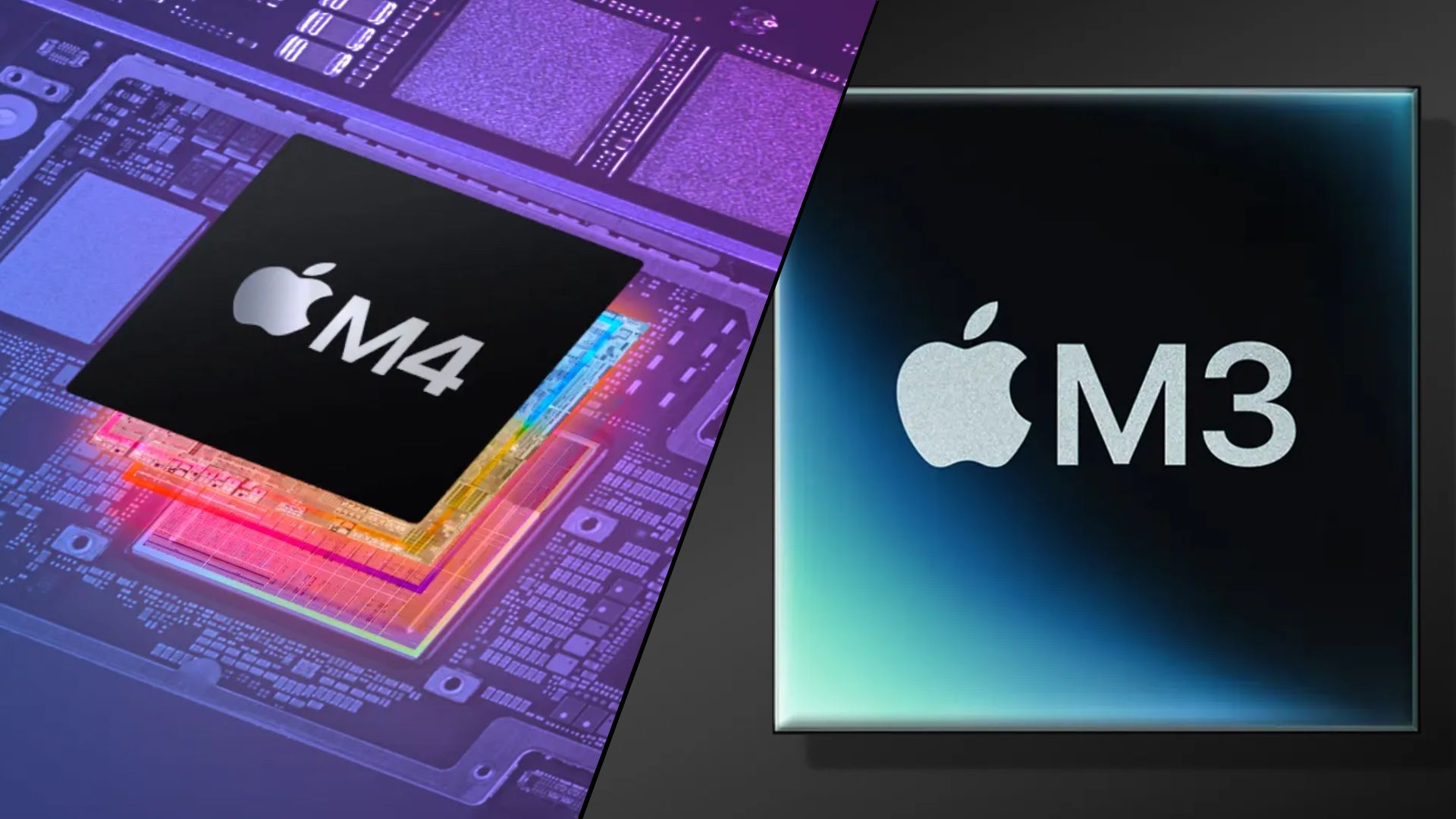
Apple's yearly silicon upgrade — the M4 chip — made waves with its debut in the iPad Pro back in mid-May. This is the first time we've seen Apple's proprietary chip launch in an iPad rather than a MacBook, and despite some iPad Pro-related limitations, the M4 chip has impressed both critics and consumers.
Now that we're hearing rumors of an imminent launch for M4 MacBooks, people are understandably wondering: "Should I wait for an M4 MacBook or buy an M3 MacBook now?"
The M4 chip is objectively a better chip compared to the M3, but are the upgrades made to it enough to justify spending top-dollar on an M4 MacBook over a possibly discounted M3 MacBook? We'll help you figure that out by comparing the two chips by their specs, performance and AI capabilities, and availability. Let's get into it.
M4 vs. M3: Availability
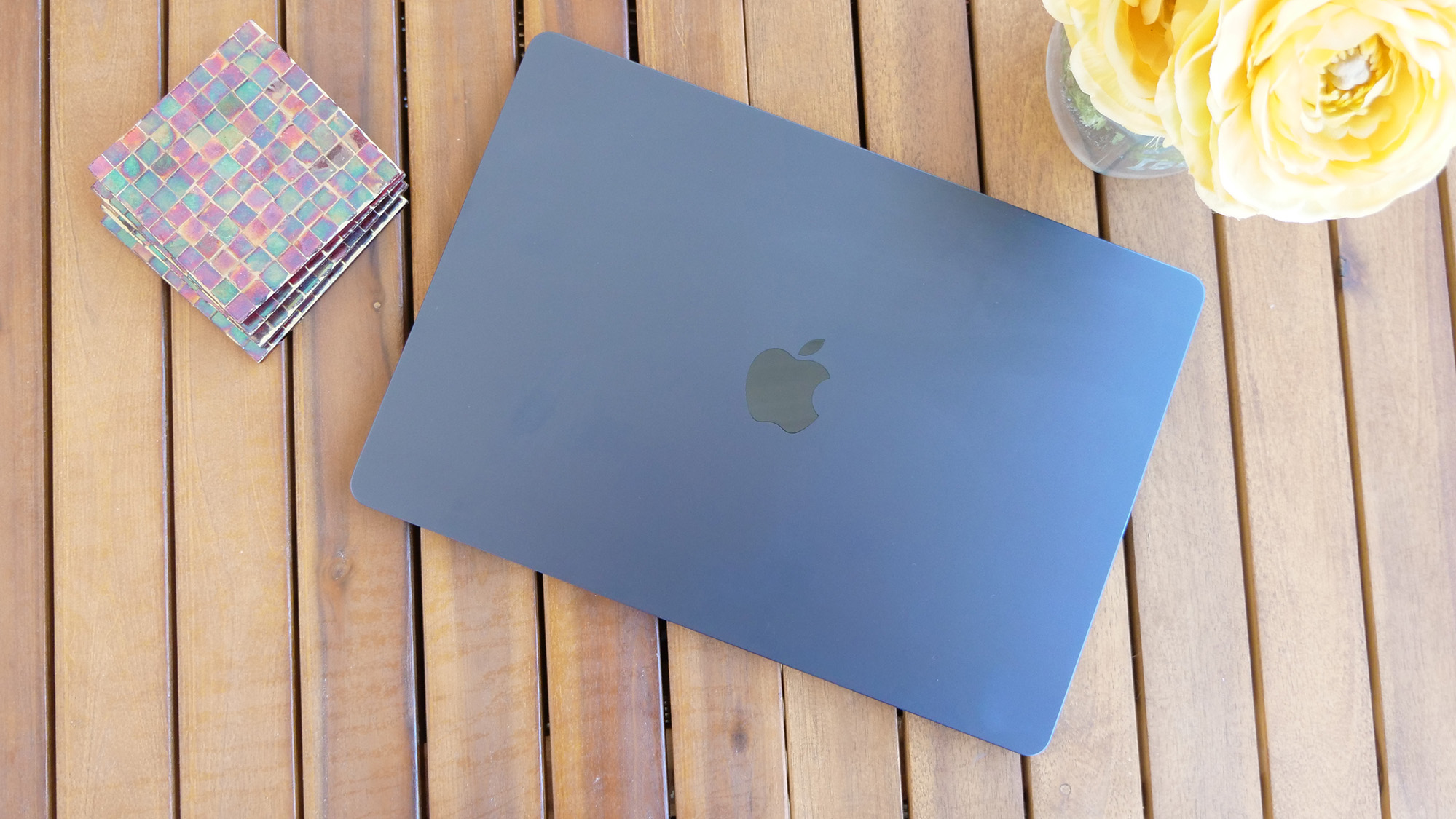
Once everything is launched, Apple's M4 lineup will be much bigger than its M3 lineup. That's all thanks to the M4 chip debuting in Apple's iPad Pro earlier this year and heading to the Mac Mini, which will likely make the leap from M2 to M4.
It's also worth noting the lack of Apple's M3 Ultra and M4 Ultra chips in the table above. If Apple was going to launch an M3 Ultra chip, the company likely would have done so at WWDC 2024. Because WWDC 2024 came and went with no M3 Ultra announcement, the most likely assumption is that Apple will skip directly to M4 chip upgrades.
But what about the M4 Ultra? Well, there's still a good chance Apple could launch an ultra-powerful M4 variant, but it probably wouldn't launch until at least WWDC 2025 in June, or possibly a little later.
M4 vs. M3: Architecture
Both the M4 chip and the M3 chip use the 3-nanometer (nm) manufacturing process, though the M4 chip is built using the slightly improved, second-gen version. That said, the changes made between these two chips on paper are fairly minimal, but performance-wise, it should make a noticeable difference.
The existing M4 chip variant found in the iPad Pro offers either 3 or 4 performance cores paired with 6 efficiency cores, which is much better for extending battery life. As it stands, the iPad Pro's M4 chip also has an extra 3 billion transistors and more memory bandwidth, great for faster processing speeds.
However, the M4 chip currently has a lower max memory capacity than the base M3 chip. That's likely due to the iPad Pro's limitations, and a base M4 chip sitting inside a MacBook Pro will probably match or exceed the M3's max memory capacity of 24GB.
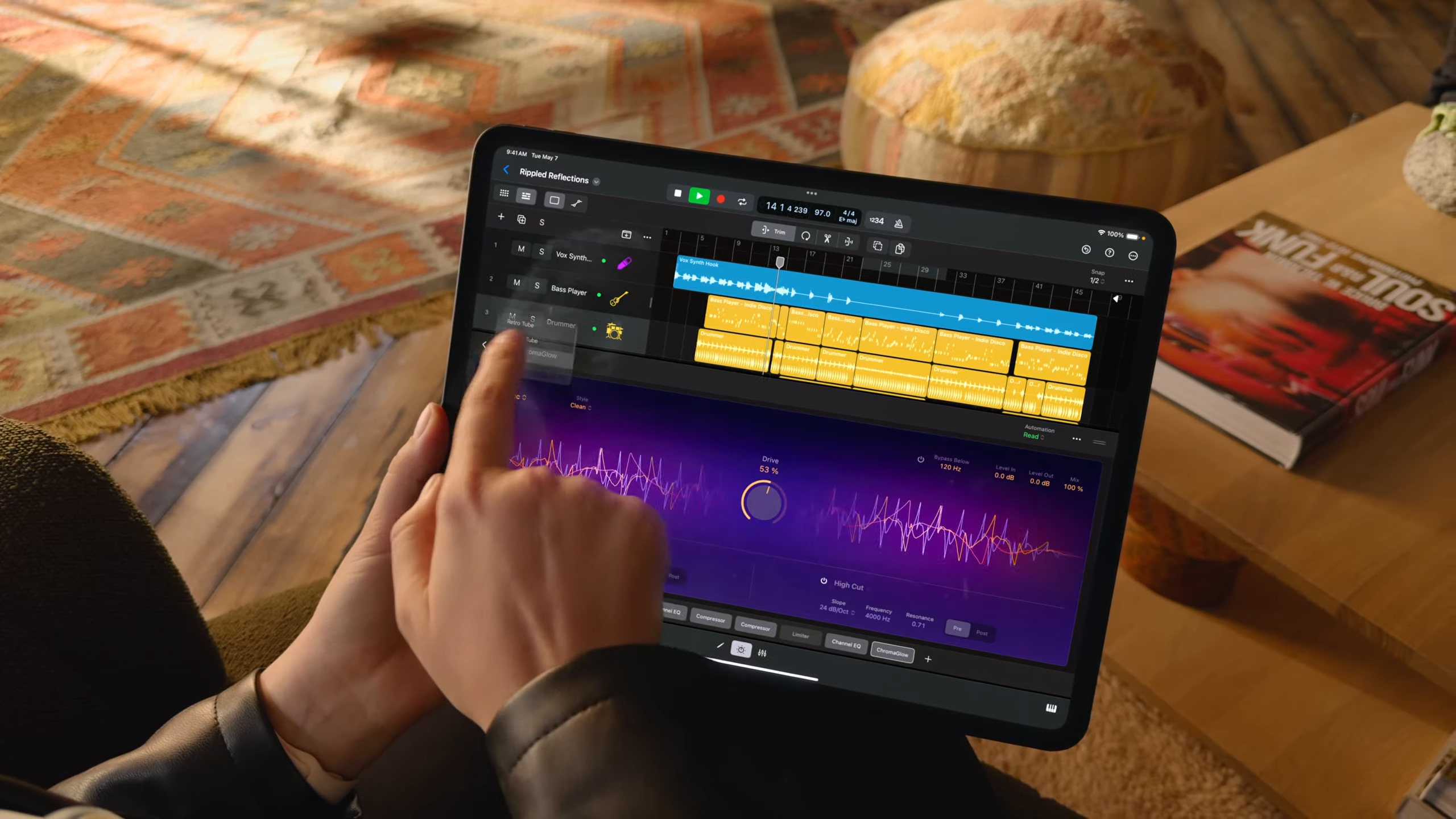
It's also worth comparing the M4 chip to the more powerful M3 variants you can buy right now.
Apple will probably launch M4 MacBooks alongside M4 Pro and M4 Max chip variants — which will undoubtedly be more powerful than the M3 Pro and M3 Max chips — but when an M3 Max MacBook Pro features 92 billion transistors, a max memory capacity of 128GB, and 400GB/s memory bandwidth, it could be a better value for you than an M4 MacBook. Plus, you can buy an M3 Max MacBook Pro right now instead of waiting for an M4 MacBook.
M4 vs. M3: Performance
The M4 chip is the most powerful chip Apple has created to date, but by how much exactly?
When the chip initially debuted, Apple had plenty of comparisons to the M2 chip, as that's the chip that was in the previous iPad Pro model. The M4 chip boasts a CPU that's up to "50% faster" than the M2 chip, and a GPU that's up to "4x faster."
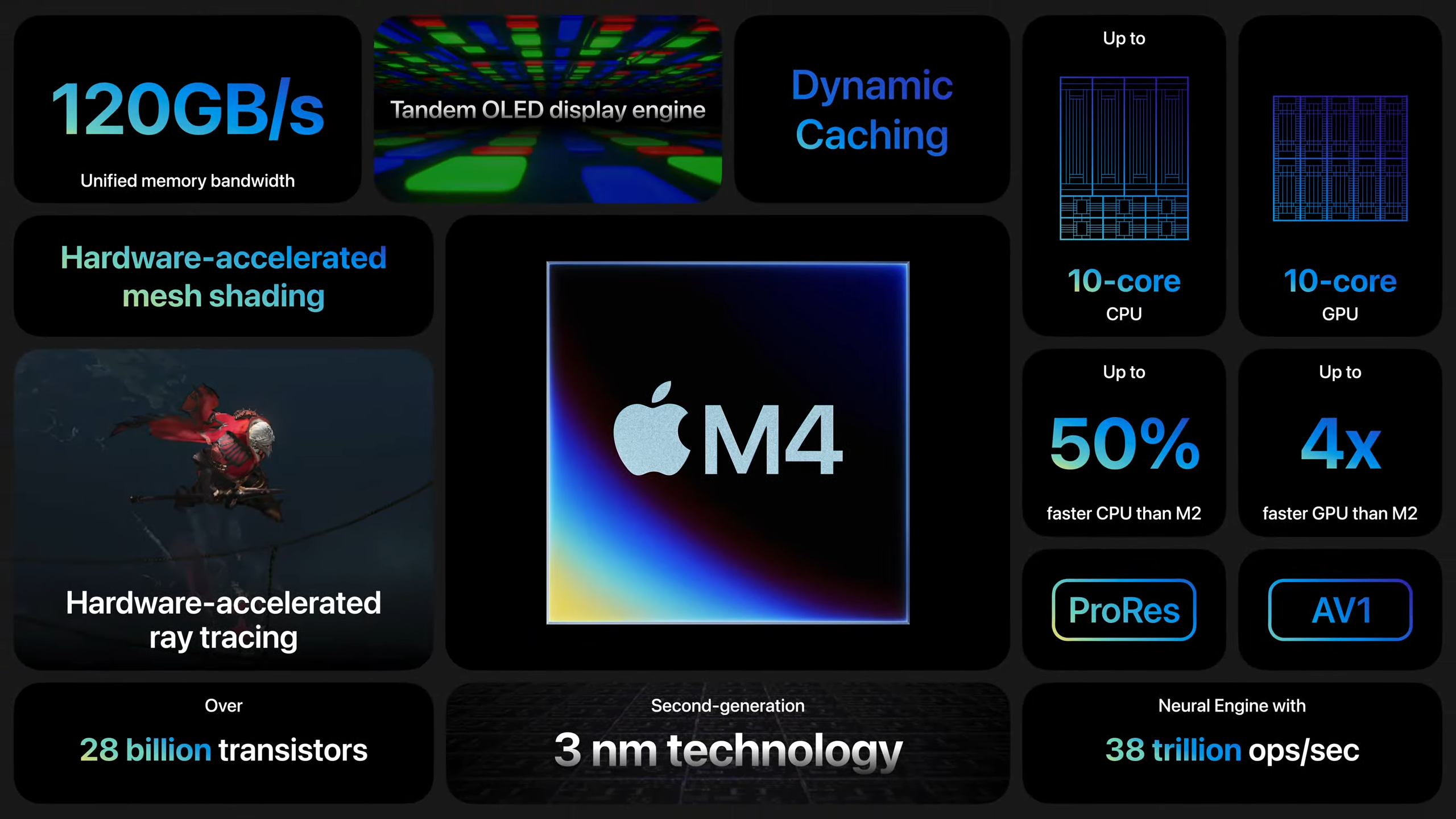
There aren't many claims from Apple on how the M4 chip compares to the M3 chip, but a Russian outlet recently got their hands on an M4 MacBook Pro, and found the M4 MacBook Pro to be about 25% faster than the M3 MacBook Pro, with a wildly impressive Geekbench 6 multi-core score of 15,228.
That's slightly higher than the Geekbench 6 multi-core score our sister site got from their iPad Pro M4 review unit: 14,523. And it's much higher than the multi-core score we saw in our MacBook Pro 14 M3 review: 11,870.
When we're able to run tests on the first M4 MacBooks (which will hopefully debut in early November), we'll update this section with hands-on performance results.
M4 vs. M3: Neural engine
On paper, both the M4 and M3 chips are equipped with a 16-core Neural Engine, but Apple says the "M4 has Apple’s fastest Neural Engine ever, capable of up to 38 trillion operations per second."
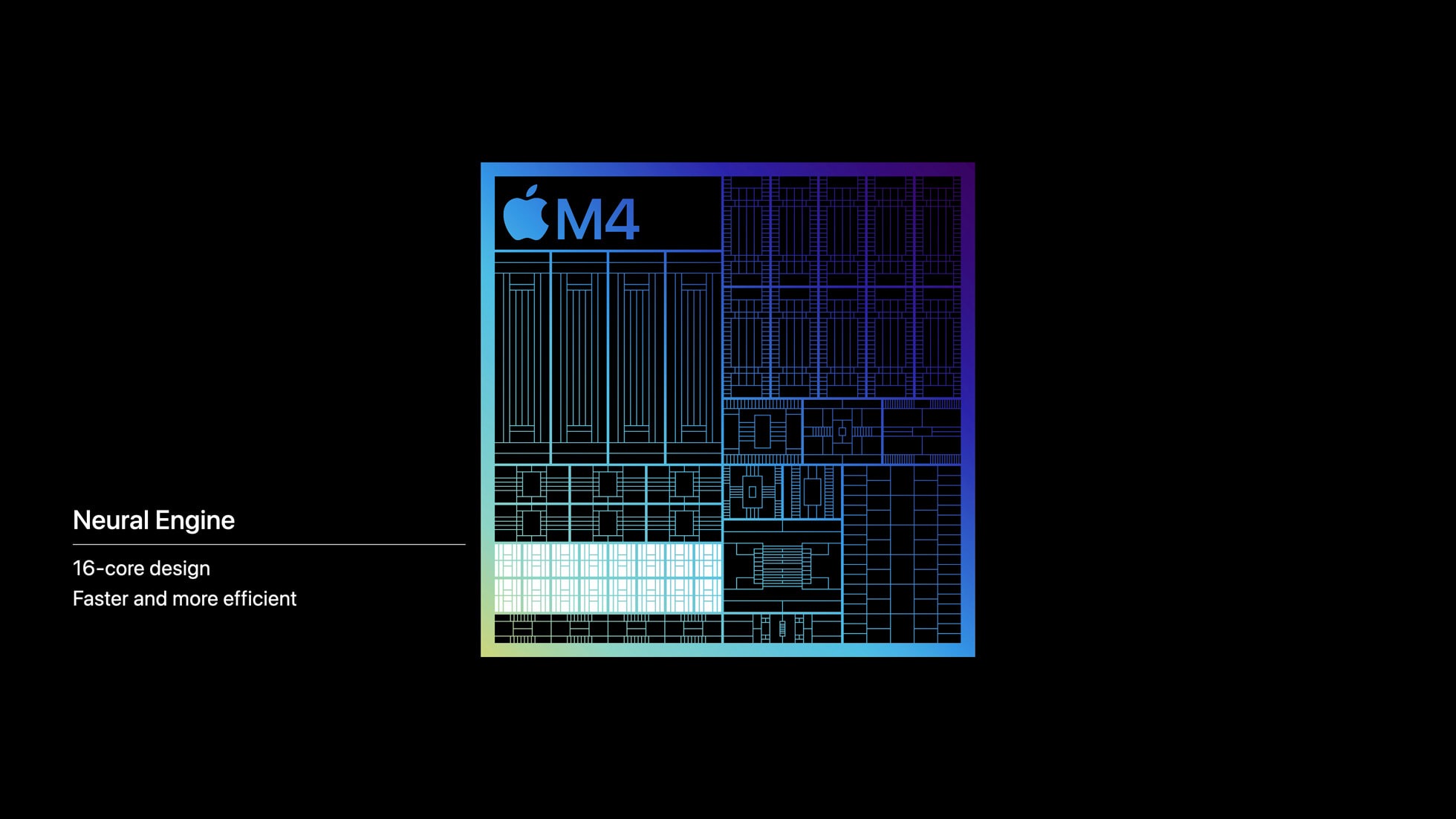
Thanks to the M4 chip's faster memory bandwidth, a better-performing GPU, and "next-generation machine learning (ML) accelerators in the CPU," devices with an M4 chip will be able to carry out AI-powered tasks faster and more efficiently than the M3. And luckily, we already have a few real-world tests to back that claim up.
Our sister site TechRadar ran three different Geekbench ML benchmarks on the iPad Pro M4 and an M3 MacBook, and found that the M4 chip boasted a performance increase of 32 - 46%, depending on the test. So if utilizing AI on your MacBook is important to you, it might be worth waiting for an M4 MacBook.
Outlook
Apple's M4 chip is clearly more powerful than its base M3 chip, but is it powerful enough to justify waiting if you're in the market for a new MacBook?
For most people, it'll be worth waiting for the M4 MacBooks to debut, hopefully via the currently unannounced October event or at the very beginning of November — and that's my recommendation regardless of which MacBook you intend to buy, whether it's M3- or M4-powered.
If you care about getting the most AI-ready, efficient, and powerful device possible, you'll definitely want to hold out for an M4 MacBook Pro or Air (or possibly even an M4 Pro or M4 Max variant if Apple launches all its chips at once).
And if you think an M3 MacBook would perform just fine for you — powered by an M3, M3 Pro, or M3 Max chip — it's still worth waiting until early November because they'll likely get some big discounts shortly after the M4 MacBooks are announced.
Now, all that's left to do is keep our fingers crossed and hope Apple doesn't stray from its typical release pattern. Stay tuned for the end of this month, when we'll probably be covering Apple's October event live.







